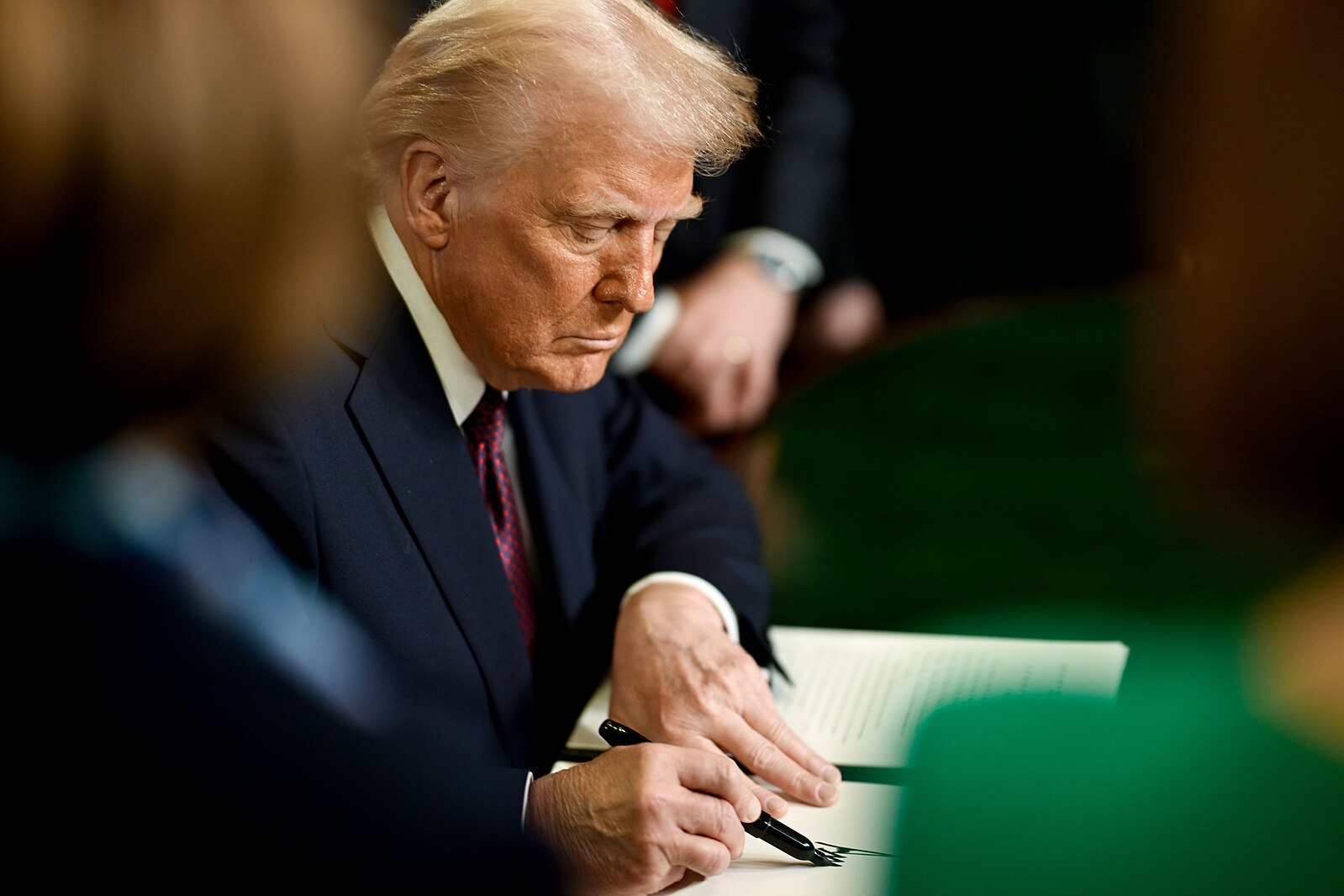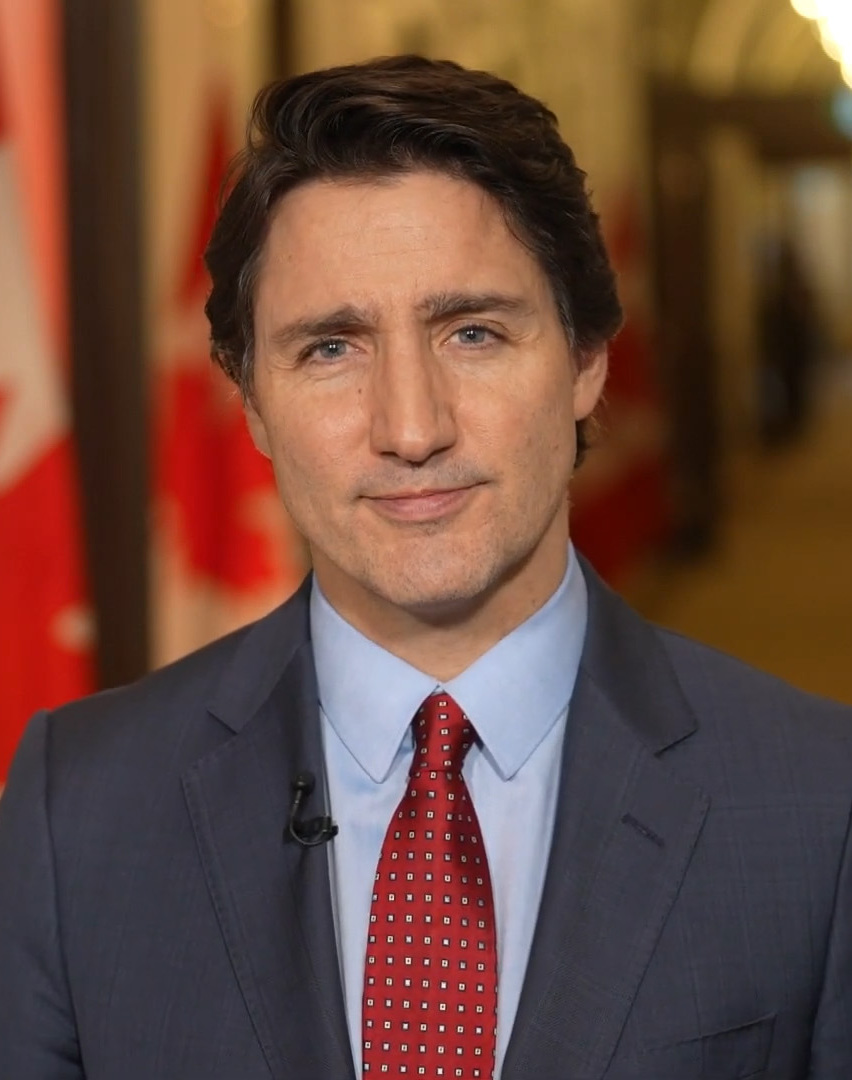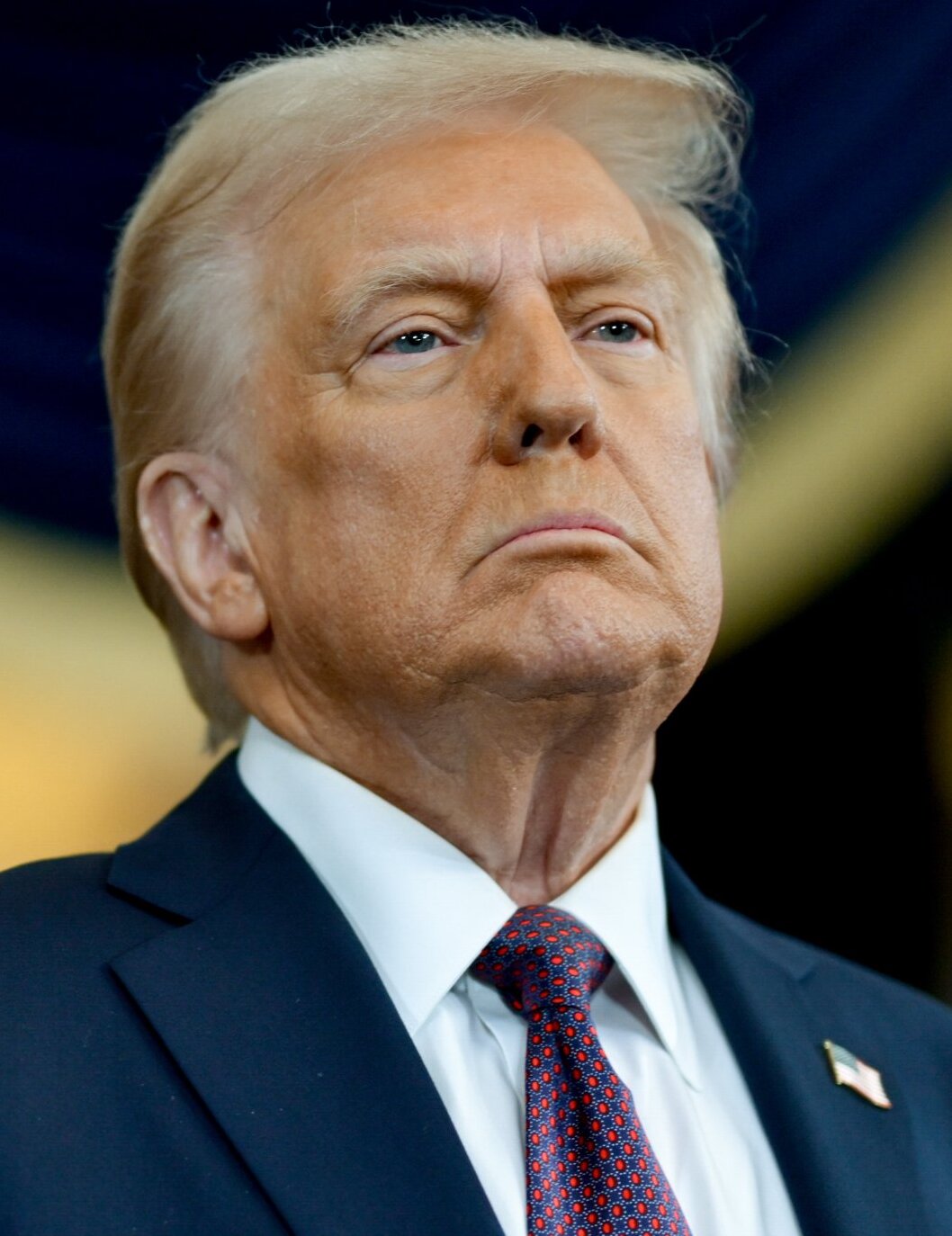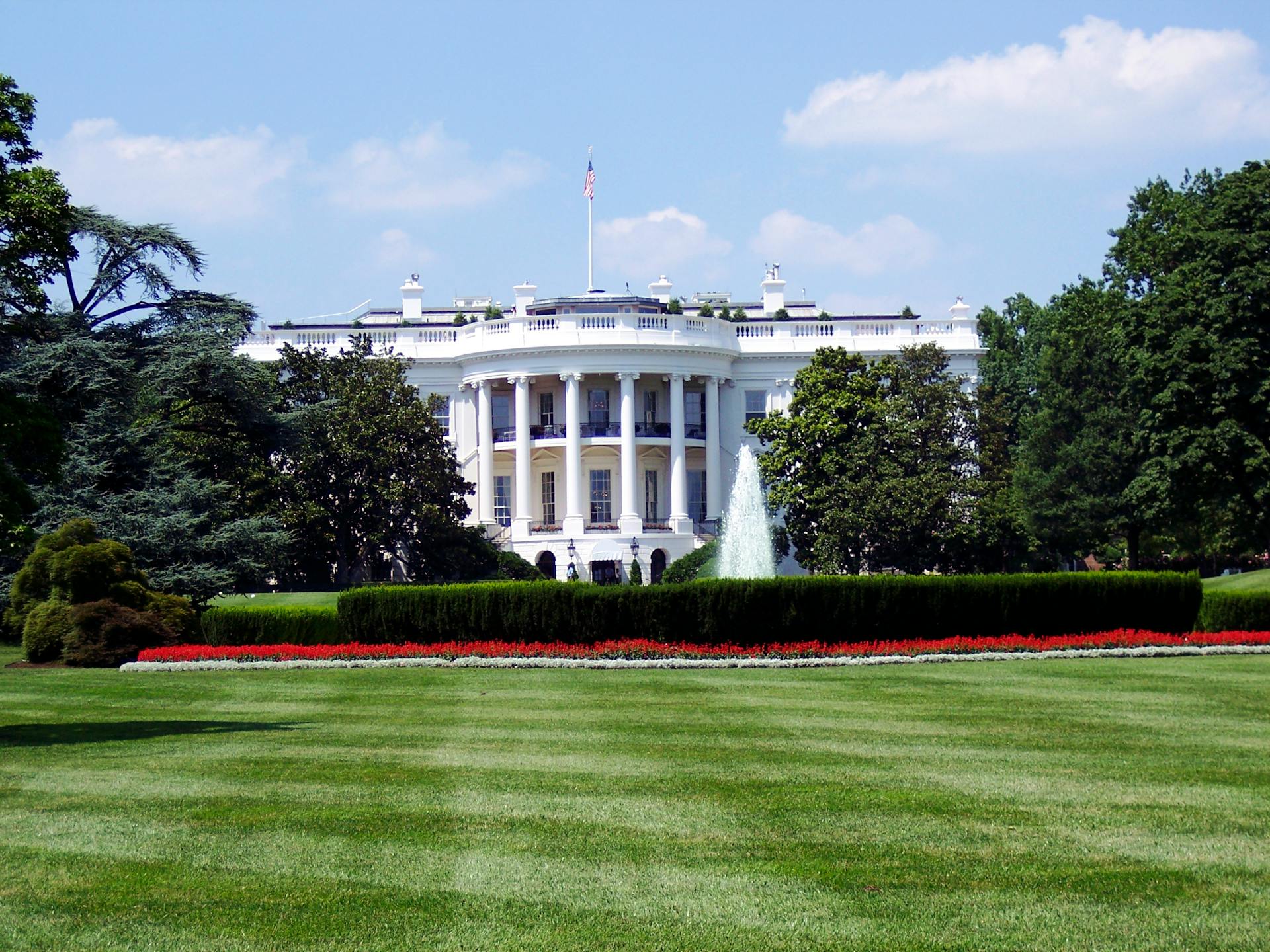World
Trump Temporarily Pauses U.S. Tariffs on Mexico and Canada for 30 Days
By Jake Beardslee · February 3, 2025

Trump Halts Tariffs on Mexico and Canada After Border Security Deal
U.S. President Donald Trump announced a temporary suspension of tariffs on Mexico and Canada after reaching separate agreements with their leaders. The move, which came just hours before tariffs were set to take effect, gives both nations 30 days to implement border security measures before negotiations continue. However, tariffs on China remain scheduled to take effect on Tuesday.Trump confirmed Monday that Mexican President Claudia Sheinbaum agreed to deploy 10,000 National Guard troops along Mexico’s northern border to curb illegal immigration and drug smuggling, particularly fentanyl. Sheinbaum emphasized that the deal includes a U.S. pledge to prevent the trafficking of high-powered weapons into Mexico. The two leaders finalized the agreement over a phone call on Monday, setting the stage for a month of negotiations before tariffs are reconsidered.
Sheinbaum and Trump finalized the agreement via phone, with both sides framing the deal as a step toward improving security cooperation. “As President, it is my responsibility to ensure the safety of ALL Americans, and I am doing just that,” Trump stated on social media. The Trump White House / Wikimedia

Trump Pauses Tariffs for Canada and Mexico, But China Faces Hike
Trump also announced progress in trade negotiations with Canadian Prime Minister Justin Trudeau. Canada has agreed to deploy advanced border technology and additional personnel along its shared border with the U.S. to crack down on organized crime, fentanyl smuggling, and money laundering. The Canadian government will also collaborate with the U.S. to address illicit financial flows linked to cross-border criminal networks.The temporary reprieve pauses 25% tariffs on Canadian and Mexican goods, which were originally scheduled to take effect Tuesday. In contrast, China will still face a 10% tariff hike, with the White House stating that Trump does not plan to speak with Chinese President Xi Jinping until later this week. Justin Trudeau – Prime Minister of Canada / Wikimedia

Trump Eyes EU Tariffs, Europe Warns of Retaliation
Speaking in Washington upon returning from his Mar-a-Lago estate, Trump hinted at expanding tariffs to the European Union. "They don’t take our cars, they don’t take our farm products. They take almost nothing, and we take everything from them," he said.European leaders gathered in Brussels signaled their readiness to retaliate if the U.S. imposed tariffs. French President Emmanuel Macron stated that Europe must "make itself respected and thus react." German Chancellor Olaf Scholz echoed this stance but emphasized that a trade agreement would be preferable. Trump suggested that the UK might avoid tariffs, stating, "I think that one can be worked out." The Trump White House / Wikimedia

Economists Warn of Global Slowdown as Markets Drop
Economists warn that Trump's tariff strategy—25% on Mexico and Canada, 10% on China—could stifle global growth and increase consumer prices. "There are no winners in a trade war," EU foreign policy chief Kaja Kallas said, adding that China stands to benefit if the U.S. and Europe engage in economic conflict.Markets experienced sharp declines on Monday, with Tokyo's stocks plummeting nearly 3% and Australia’s benchmark dropping 1.8%. European markets suffered losses as well, with Germany’s DAX down 1.8%, France’s CAC down 1.9%, and Britain’s FTSE 100 falling 1.5%. Aurore Martignoni / European Union / Wikimedia

Tariff Uncertainty Hits Currencies as Experts Warn of Stagflation Risks
The tariff uncertainty caused the Chinese yuan, Canadian dollar, and Mexican peso to weaken, while U.S. oil prices climbed more than 1%, and gasoline futures surged nearly 3%. Analysts at ING projected that the U.S. would need to more than double its domestic manufacturing output to offset the new tariffs, an impractical short-term goal.Experts predict that Canada and Mexico could slip into recession and that the U.S. may experience "stagflation"—a combination of high inflation, stagnant growth, and rising unemployment. Deutsche Bank economists estimated a 0.5% hit to the EU’s GDP if the proposed 10% tariffs on European goods are enforced. Alex P / Pexels

Trump Ties Tariffs to ‘National Emergency’ as China and Canada Push Back
The White House has not specified the exact conditions Mexico, Canada, and China must meet to avoid long-term tariffs. Trump maintains that the measures will remain until the "national emergency" over fentanyl trafficking and illegal immigration is resolved.China rejected Trump’s reasoning, calling fentanyl "America’s problem" and vowing to challenge the tariffs at the World Trade Organization. Canada also plans to take legal action through international trade bodies. Aaron Kittredge / Pexels

Automakers Face Uncertainty as Tariffs Threaten North American Supply Chains
Automakers stand to suffer significantly, as new tariffs on vehicles built in Canada and Mexico would disrupt a supply chain that sees parts cross borders multiple times before final assembly. Ford and General Motors stocks tumbled between 4% and 5%, while European automakers Volkswagen, BMW, Porsche, Stellantis, and Daimler Truck each saw stock declines of around 5-6%. Stifel analysts estimated that 8 billion euros of Volkswagen’s revenue and 16 billion euros of Stellantis’ revenue could be affected.With negotiations set to continue, business leaders and policymakers are bracing for a turbulent month ahead as trade tensions reshape global economic dynamics. ThisIsEngineering / Pexels